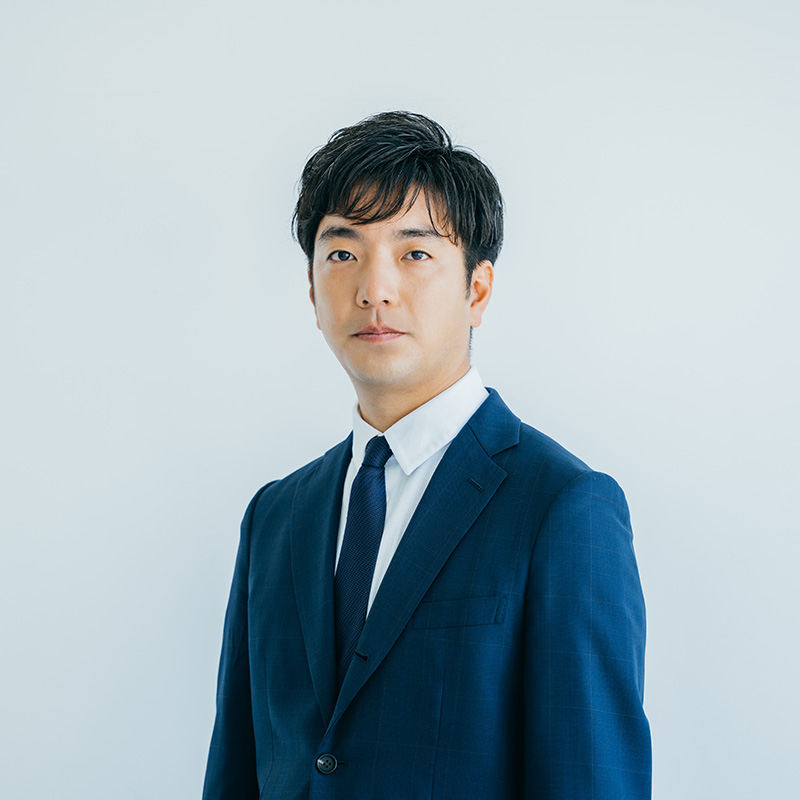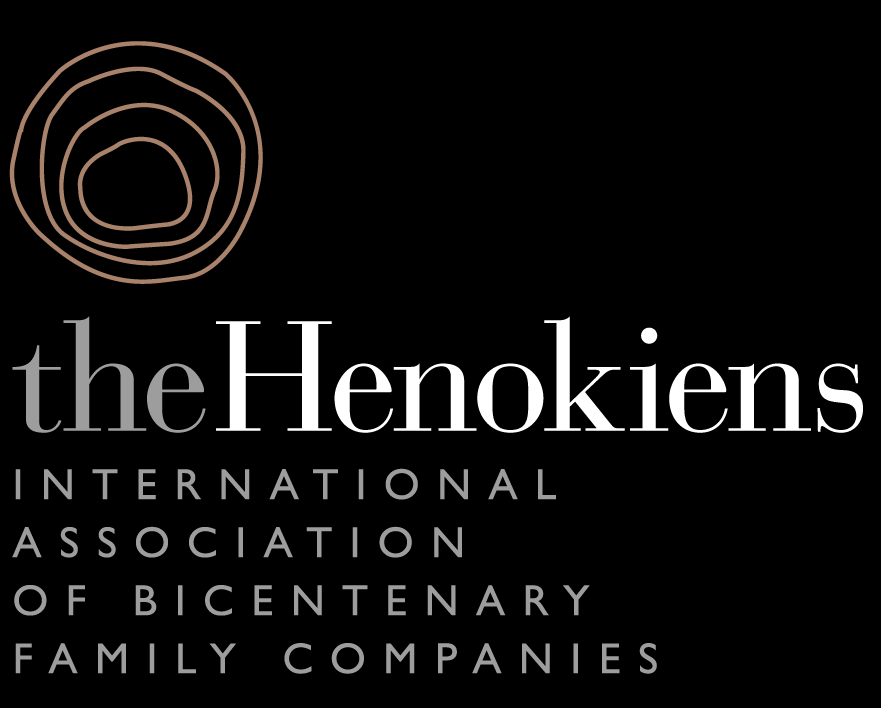Mitsuharu Kurokawa
)
Under the management philosophy of “Share the pleasures of traditional Japanese sweets” we continue to work towards the future.
Toraya was founded in Kyoto in the early 16th century and has been a maker of traditional Japanese confections (Wagashi) for five centuries.Under the management philosophy of “Share the pleasures of traditional Japanese sweets” we consider the nature, producers, customers, and ourselves as interconnected and continue to work towards the future.
Mr. Kurokawa you are one of the member of the Henokiens Association, could you please present yourself to our readers?
> Mitsuharu Kurokawa : My name is Mitsuharu Kurokawa. I was born in Tokyo in 1985 and graduated from Babson College with a degree in business administration. After experiencing various roles inside and outside Toraya, I was appointed president in 2020, taking on the family business as the 18th generation proprietor.
Can you present your company and its activities?
> M.K. : Toraya was founded in Kyoto in the early 16th century and has been a maker of traditional Japanese confections (Wagashi) for five centuries. From the reign of Emperor Goyozei, which ran from 1586 to 1611, Toraya has maintained its status as a purveyor to the imperial court. In 1869, the Imperial Family moved out of Kyoto into their new imperial palace in Tokyo. Toraya decided to establish a foothold in Tokyo and continued serving the Imperial Family, while the Kyoto store was also kept running.
Our business today remains the same as it was at its founding: the production and sales of Wagashi. As of October 2024, the company has 850 employees and production sites in Tokyo, Gotemba(Shizuoka Prefecture), and Kyoto. There are 76 stores in Japan and 1 overseas in Paris, France, which we opened in 1980.
Which have been the outstanding events for your company in the recent years?
> M.K. : Outstanding events in recent years for us have been the renovation and reopening of two important stores in Tokyo. One is the reopening of our Akasaka main store in 2018. Toraya settled in Akasaka,Tokyo in 1879,and since then, this area has been of great importance to the foundation of our business. The new low-rise building contains a shop floor, a tearoom, a gallery, and a manufacturing space, allowing customers to enjoy our confections in a relaxing atmosphere.
The second is the reopening of our Ginza flagship store in 2024. The tearoom is at the heart of this location and counter seats provide a unique opportunity for customers to watch our artisans’ craftsmanship and enjoy the deliciousness of freshly made sweets.
Could you give us some indications about your major projects in a medium or long term?
> M.K. : With our eyes set on the year 2035, we have, in April 2024, launched an initiative grounded on a new vision. We dream of a future where Wagashi is enjoyed by people all over the world, and to achieve that, Toraya will continuously pursue the core of what makes Wagashi delicious. By allowing the unique skills of everyone working at Toraya to flourish, we hope to enrich both the organization and the wider society and environment.
How can you explain the longevity of your company?
> M.K. : I believe there are many common grounds shared among members of the Henokiens association, such as the focus on quality rather than short-term profits, and the fact that we have been blessed with great people in the form of customers, business partners, and employees. It is also through the genuine pursuit of what is needed in the “now” of each generation, and the sincere effort towards that commitment, that Toraya still prevails today.
Could you say that this extraordinary longevity is an asset in your customer relations?
> M.K. : While a long legacy does not guarantee modern-day success, I believe that our longevity is proof that we have been working with utmost sincerity with our customers, suppliers, and employees alike. Therefore, I think that being a long-established company is also a strength.
Do the traditional values guiding the firm constitute an advantage as regards research and innovation?
> M.K. : Toraya’s philosophy of “Share the pleasures of traditional Japanese sweets” is a stance and a core value that has been passed down from the company’s founding days until now. As all of our employees are dedicated to materializing this philosophy, whether we are using new technology or approaching things from a more scientific point of view, our attitude has never strayed away from this mindset.
Did over the centuries the strong will of your family to keep its independence require very difficult decisions?
> M.K. : We have faced many difficulties in the past: the devastating fire in Kyoto in 1788 which is said to have destroyed more than 80% of the city, the decision to transferto Tokyo along with the emperor as the capital was moved in 1869, the Great Kanto Earthquake of 1923, the Tokyo Air Raid of 1945during World War II. We have always used these difficult situations as “turning points” and an opportunity to take on many new challenges. The biggest crisis in recent years for everyone was the spread of COVID-19. Although there have been many crises in the past, I believe we owe what we have today to each generation’s determination to seek and carry out solutions appropriate for their time.
Is the transmission of the firm to a family member governed by clearly established rules?
> M.K. : There are no clear written rules, but the unspoken rule is that only one person per generation of the Kurokawa family can be in charge of the company. While I am not sure from when this practice dates, it has been one person per generation ever since the 12th generation owner expanded Toraya to Tokyo. No siblings or relatives apart from the head of the family work for Toraya, nor do we allow the usage of Toraya’s name to establish another entity.
Is the new generation already working in the firm?
> M.K. : My children are still very young. Now I work together with my father who is the 17th generation.
Do you have a message to communicate to all those who would like to start their own family business?
> M.K. : The key to maintaining a family business’s longevity is not to pursue profits from a short-term perspective but to firmly believe that everyone involved should be happy. In order to sustain a family business, it is important to be sensitive to the changes of the times. In some instances, rather than solely adhering to the business structures passed down through the generations, it is crucial to create a business culture that encourages the development of forward-thinking ideas, reflecting the time we live in now.

